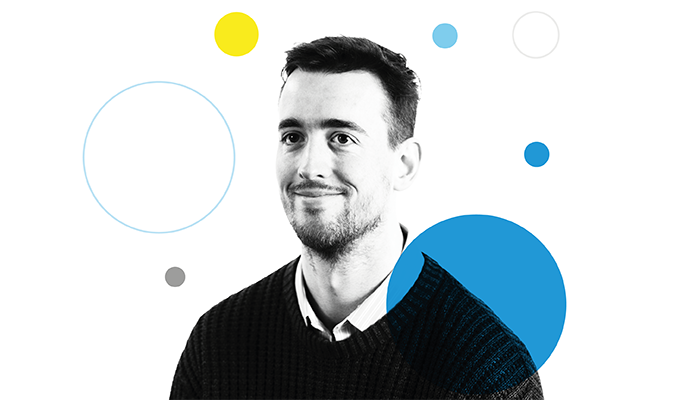
A big theme for The Analytical Scientist in 2024 has been to showcase the tremendous – and often underappreciated – impact that analytical science has on the world. In fact, the 2024 Power List recognizes the field’s Human Health Heroes, Planet Protectors, and Instrumental Innovators.
The inclusion of the latter category is a reflection of the fact that fundamental improvements in analytical methods and technology are the foundation of transformative work in cancer research, environmental monitoring, and other important applications. It’s also true that the individuals working in this area – especially those outside of academia – often go under the radar.
This point was made by Terry Berger back in 2019: “There is incredible analytical talent in instrument companies that is generally not acknowledged,” he said.
Terry sadly passed away on May 5 earlier this year – but his words still ring true. (See Caroline West’s tribute to “the father of modern supercritical fluid chromatography.”)
This year’s Instrumental Innovators category was, in part, an attempt to carve out a space for “invisible” scientists within The Power List, without leaving out the academics whose achievements in this area also deserve recognition. But given the fact that just four out of our 20 Instrumental Innovators work in industry, it seems we have more work to do.
With that in mind, in addition to sincerely congratulating the 60 impactful analytical scientists featured on this year’s Power List, I’d like to reiterate Terry’s closing remarks from 2019, and encourage readers to bear in mind everyone who contributes to the field when placing their nominations for the next year, so that we may celebrate the achievements of scientists across all sectors of our community.




